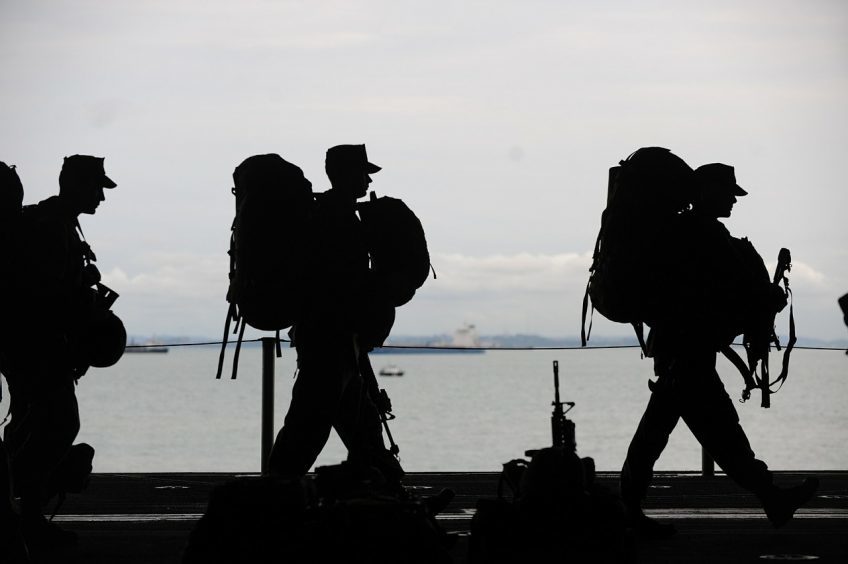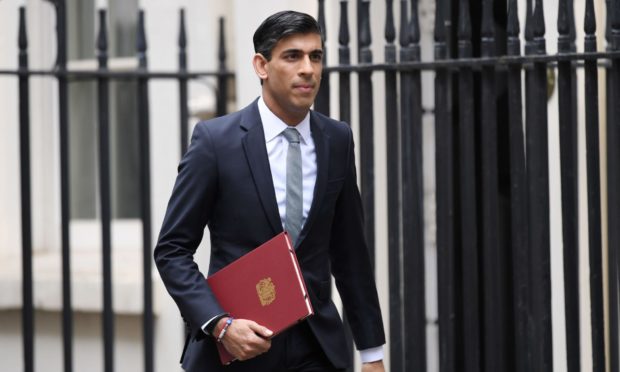Rishi Sunak has agreed to protect Scots troops from “SNP tax hikes” on a permanent basis.
For the past two years, Whitehall has been reimbursing thousands of soldiers north of the border who have faced higher levels of income tax.
Following the Chancellor’s summer statement, the Ministry of Defence has announced the move will now be permanent – benefiting around 7,000 armed forces personnel.
Payments will continue to be provided to those earning £28,443 or more a year to make sure that all British troops, regardless of where they are deployed or where their families are based, will pay the same income tax.
The average payment made will be £850.
The MoD expressed concern in 2018 that “Scottish government tax hikes” could create low morale and result in Scotland becoming a less attractive place for military personnel to be posted.
The estimated cost of the move is thought to be around £6.8million over the next year.

Defence minister Baroness Goldie said: “Our Armed Forces serve the whole of the UK, so it is only right that they are treated equally and fairly wherever they are based.
“We want to reassure our brave troops that they won’t be penalised for simply doing their duty by having to pay higher taxes in a certain part of the UK and they will be properly compensated in their pay slips each year.”
Scottish secretary Alister Jack added: “The UK’s Armed Forces make a huge contribution to Scottish communities and our economy. I welcome the UK Government decision to permanently protect them from the Scottish Government’s decision to make Scotland the highest taxed part of the UK.
“The professionalism, dedication and bravery of our servicemen and women can be seen throughout Scotland, the whole of the UK and across the globe, not least through their tireless work to support the UK-wide effort to combat the coronavirus pandemic.”
The Scottish Government have consistently highlighted the fact that Holyrood’s tax system means “most Scottish income taxpayers” will pay less income tax than people earning the same elsewhere in the UK.
